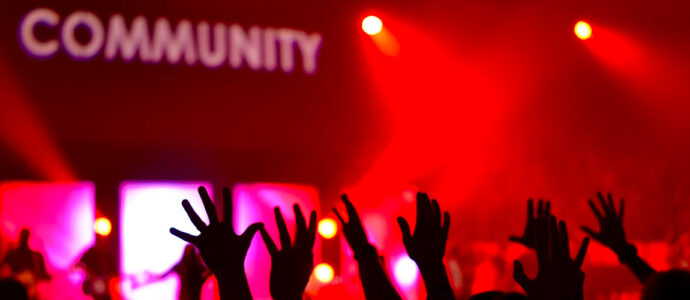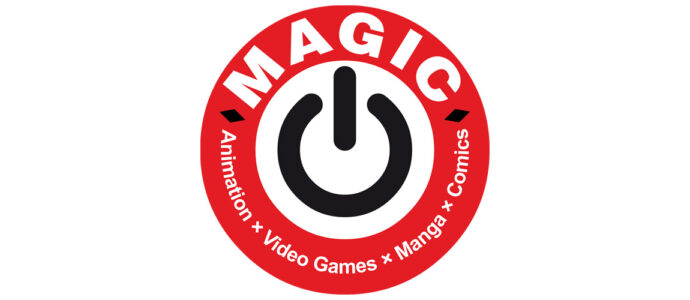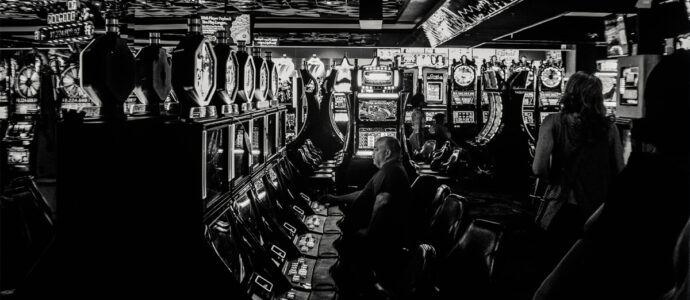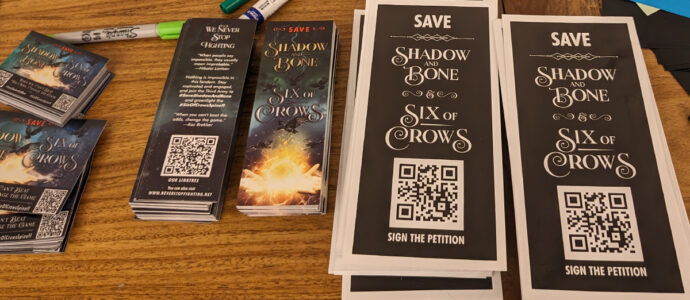Comic books have long captivated audiences of all ages with their vibrant illustrations, imaginative storylines, and diverse array of characters. Comic book culture plays a significant role in shaping student communities, fostering a sense of belonging, camaraderie, and shared interests among enthusiasts. From comic book conventions to student-run clubs, these communities provide platforms for students to connect, bond over their favorite characters and storylines, and express their creativity through cosplay and fan art. Furthermore, comic book discussions and events encourage critical thinking, creativity, and collaboration, contributing to the intellectual and social development of students. In exploring the impact of comic book culture on student communities, Academized.com paper writing service becomes relevant by offering expert assistance from experienced writers. With Academized experts to write papers, students can analyze the influence of comic book culture on student identity, social dynamics, and cultural trends, enriching their understanding and contributing to academic discourse. Within academic settings, comic book culture has emerged as a potent force, shaping student communities in profound and multifaceted ways.
A Shared Passion Unites Individuals
At the core of comic book culture lies a shared passion that transcends boundaries and unites individuals from diverse backgrounds. On campuses across the nation, students have formed clubs, organizations, and informal gatherings centered around their love for these illustrated narratives. These communities serve as safe havens where kindred spirits can engage in lively discussions, exchange perspectives, and forge lasting friendships.
The allure of comic books extends far beyond the physical pages, fostering a sense of camaraderie and belonging that is particularly valuable during the formative years of higher education. In these spaces, students find solace in knowing that their interests are not only accepted but celebrated, cultivating an environment of inclusivity and mutual understanding.
Fostering Creativity and Self-Expression
Comic book culture encourages creativity and self-expression, attributes that are invaluable in academic and personal growth. Within student communities, individuals often collaborate on fan art, fanfiction, or even their own original comic creations. This collaborative process nurtures artistic talents, hones writing skills, and fosters critical thinking as students explore complex themes, character development, and storytelling techniques.
Comic book culture serves as a unifying force within student communities, fostering creativity, camaraderie, and a shared sense of identity, with the support of a top essay writing service, students can explore and articulate the profound impact of this cultural phenomenon on their academic and social experiences.
Moreover, cosplay – the practice of dressing up as beloved comic book characters – has become a widespread phenomenon within these communities. Students meticulously craft intricate costumes, embodying their favorite heroes and villains, and often participate in campus events or conventions. This form of self-expression allows individuals to explore different facets of their personalities, build confidence, and celebrate the art of costume design and craftsmanship.
Cultivating Critical Thinking and Analytical Skills
Beyond entertainment and artistic expression, comic book culture serves as a catalyst for cultivating critical thinking and analytical skills among students. The narratives woven within these illustrated pages often tackle complex themes, ranging from social justice and politics to philosophical musings and moral dilemmas. Engaging with these thought-provoking narratives encourages students to analyze, question, and challenge conventional perspectives.
Within student communities, discussions and debates surrounding comic book storylines and character arcs become platforms for intellectual discourse. Students dissect the symbolism, metaphors, and underlying messages, drawing parallels to real-world issues and exploring the nuances of human experiences. These intellectual exercises sharpen critical thinking abilities, promote open-mindedness, and equip students with valuable skills applicable across various academic disciplines.
Promoting Inclusivity and Representation
Comic book culture has become a beacon of inclusivity and representation, celebrating diversity in its myriad forms. Historically, the medium has evolved to encompass a wide range of characters and narratives that resonate with students from various backgrounds, cultures, and identities.
Student communities centered around comic books often serve as safe spaces where marginalized voices can be amplified and celebrated. Individuals who may have felt isolated or misunderstood find solace in the stories and characters that reflect their experiences, fostering a sense of belonging and empowerment.
Moreover, these communities actively engage in discussions surrounding representation, diversity, and inclusivity within the comic book industry itself. Students critically examine the portrayal of different identities, advocate for more authentic and nuanced representations, and celebrate works that challenge societal norms and champion underrepresented perspectives.
Cultivating Leadership and Organizational Skills
Involvement in comic book culture within student communities fosters the development of essential leadership and organizational skills. To sustain and grow these communities, students often take on leadership roles, planning and executing events, managing resources, and coordinating activities.
Event organization, from small-scale meetings to larger conventions or exhibitions, requires meticulous planning, time management, and effective communication skills. Students learn to delegate tasks, collaborate with diverse teams, and navigate logistical challenges, honing valuable skills that are transferable to various professional and academic endeavors.
Additionally, many comic book-related student organizations actively engage in community outreach and charitable initiatives, further developing leadership qualities and a sense of social responsibility. These endeavors not only enrich the broader community but also provide students with invaluable experiences in project management, networking, and community engagement.
Exploring Interdisciplinary Connections
Comic book culture transcends the boundaries of a single discipline, fostering interdisciplinary connections that broaden students’ intellectual horizons. The medium’s inherent multifaceted nature allows for exploration across various fields, including literature, art, history, psychology, and even science and technology.
Within student communities, individuals with diverse academic backgrounds come together to explore the intersections between their respective disciplines and the rich tapestry of comic book narratives. For instance, literature students may analyze the literary devices and storytelling techniques employed, while art students delve into the visual aesthetics and design principles. Psychology and sociology students might explore the human condition through the lens of character development and societal themes.
These interdisciplinary connections not only deepen students’ understanding of their chosen fields but also cultivate an appreciation for the interconnectedness of knowledge, preparing them for a world that increasingly demands cross-disciplinary collaboration and problem-solving.
Building Professional Networks and Opportunities
Comic book culture within student communities serves as a fertile ground for building professional networks and exploring career opportunities. Many students leverage their involvement in these communities to connect with industry professionals, attend conventions and networking events, and gain valuable insights into the diverse array of careers related to the comic book industry.
From writing and illustration to publishing, marketing, and event management, the comic book industry offers a multitude of career paths. Student communities often host guest speakers, workshops, and panels featuring industry experts, providing invaluable opportunities for mentorship, skill development, and professional guidance.
Furthermore, these communities foster entrepreneurial spirit, as students collaborate on independent projects, self-publish their works, or explore avenues for monetizing their artistic talents. The supportive environment encourages risk-taking, perseverance, and the pursuit of creative endeavors, equipping students with valuable experience for future professional pursuits.
Conclusion
In the ever-evolving landscape of higher education, comic book culture has emerged as a powerful force, shaping student communities in profound and multifaceted ways. From fostering creativity and self-expression to cultivating critical thinking and analytical skills, this vibrant subculture offers a rich tapestry of experiences that transcend mere entertainment.
Within these communities, students find a sense of belonging, embrace diversity and inclusivity, and develop essential leadership and organizational skills. Moreover, the interdisciplinary nature of comic book narratives encourages intellectual curiosity and fosters connections across various academic disciplines.
As the comic book industry continues to evolve and captivate audiences worldwide, its impact on student communities will undoubtedly grow, shaping the minds and experiences of future generations. Embracing this cultural phenomenon not only enriches the academic experience but also equips students with valuable skills and perspectives that will serve them well beyond the halls of academia.










![[Photos] Shadow and Bone: the cast reunites in Paris [Photos] Shadow and Bone: the cast reunites in Paris](https://www.rostercon.com/wp-content/uploads/2024/05/cast-shadow-and-bone-reunion-paris-690x300.jpg)